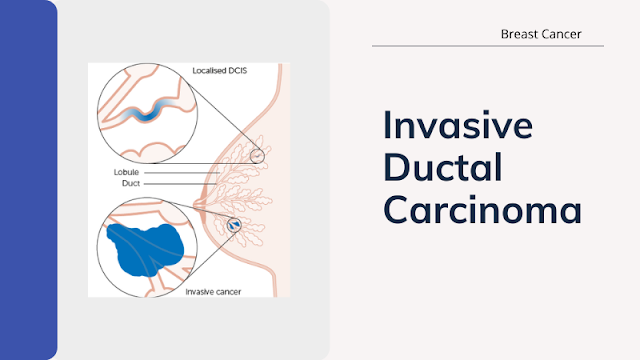What is Non-Small Cell Lung Cancer? What are the stages of NSCLC?
NSCLC, the most common form of lung cancer. It occurs when the healthy cells in the lung change and start growing in an abnormal way, forming a specific mass addressed as tumor, lesion, or nodule. A tumor may develop anywhere in the lung and could be cancerous or benign. A cancerous tumor mainly is malignant, means, it has potential in order to spread to the rest part of the body. A benign tumor is the tumor that can grow but can not spread.
Non-Small Cell Lung Cancer (NSCLC) occurs in the epithelial cells. Doctors can also describe this form of Cancer (NSCLC) based on the type of the epithelial cell where the cancer usually starts.
- Adenocarcinoma starts in cells that produce mucus.
- Squamous carcinoma basically developed in the cells that line the airways.
- Large cell carcinoma usually begins in the cells other than the two types which are described above.
It’s necessary for healthcare providers to distinguish between lung cancer that begins in the squamous cells from lung cancer that begins in other cells. Your doctor will use this information to determine your treatment options.
Non-Small Cell Lung Cancer Treatment Options:
The best lung cancer treatment options include:
- Surgery
- Chemotherapy
- Radiation therapy
- Targeted Therapy
- Immunotherapy.
Gefitinib as a Monotherapy: In May 2003, Gefitinib 250 mg tablet was approved by the FDA for the treatment of patients with locally advanced or metastatic Non-Small Cell Lung Cancer.
Gefitinib 250 mg tablet is a kind of EGFR inhibitor like erlotinib which works by interrupting signaling through the (EGFR) epidermal growth factor receptor.
With the long term existence of Gefitinib, lung cancer survival increased in patients with NSCLC. The median time period of therapy was about 11.1 years with the survival rate of about 59% & 86% at 15 and 10 years.
Apart from Gefitinib 250 mg, there are various other lung cancer medications available such as:
- Erlotinib
- Ibrutinib
- Nintedanib
- Afatinib
- Sirolimus
- Paclitaxel
- Everolimus
People with the Non Small Cell Lung Cancer are more likely at a higher risk for developing second lung cancer. That’s why it is quite important for you to closely keep an eye out for signs and symptoms that the cancer has returned, even if the thought is quite scary. The symptoms of the lung cancer recurrence may include:
- Fatigue
- Cough
- Shortness of breath
- Chest pain
- Appetite loss
- Coughing up phlegm or mucus
- Coughing up blood
- Hoarseness
- Malaise
In a case of any concern about the probable changes you experience, please discuss with your healthcare provider. Your healthcare provider may suggest scans in order to check for the recurrence so any new cancers can be found as early as possible.
Stages of NSCLC:
The stage of cancer specified how far cancer has spread. It also helps in order to determine the treatment.
There are optimum chances for success as well as curative treatment when non-small cell lung cancer is diagnosed and treated in its early stage.
NSCLC has four main stages which are as follows:
- Stage 1- In this stage cancer is found in the lung but it has not spread beyond the lung.
- Stage 2- In this stage cancer is found in the lung as well as nearby lymph nodes.
- Stage 3- In stage 3, cancer found in the lung also in the lymph nodes in the chest
- Stage 3A- In this stage cancer exists in lymph nodes but only on that side of the chest where cancer initially started growing.
- Stage 3B- In this stage cancer exists in lymph nodes but only on the opposite side of the chest.
- Stage 4- In stage 4 small cell lung cancer, tumor has spread to both lungs and the surrounding area of lungs or to distant organs.
In today's era, people with non-small cell lung cancer may have the finest outlook due to enhancement in treatment.




Comments
Post a Comment